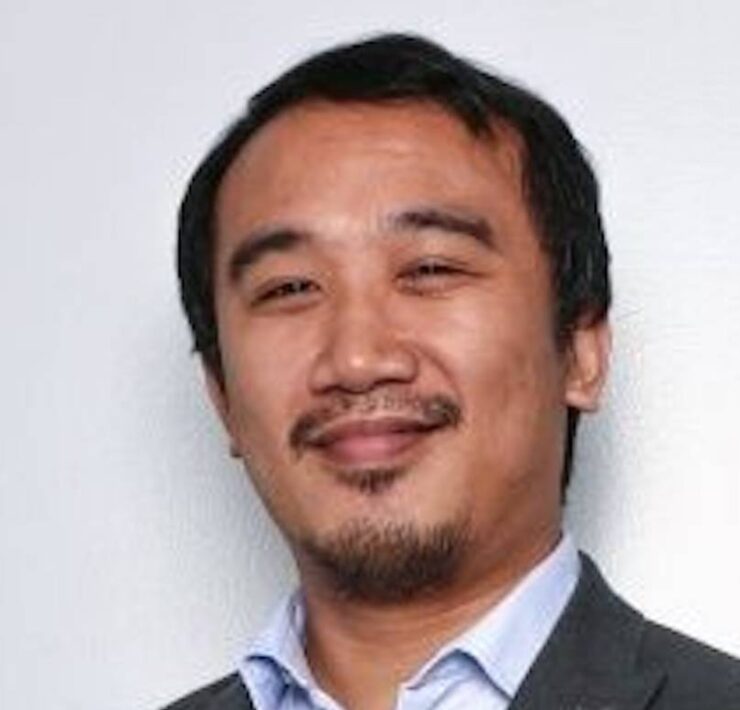Gov’t urged to speed up telco infra rollout

The government’s business advisory council on Tuesday said it has recommended the acceleration of the deployment of telecommunications infrastructure, seeing this as a crucial measure to drive inclusive economic growth.
The Private Sector Advisory Council (PSAC) said it had a meeting with President Marcos recently, during which its members emphasized the need for strategic investments in connectivity to bridge the digital divide and ensure access to reliable communication services.
PSAC had also expressed its support for several government programs that support this aim, citing in particular the JuanSIM ng Bayan program.
The council described the JuanSIM ng Bayan program as a strategic initiative designed to provide subsidized SIM or subscriber identification module cards and internet access to millions of Filipinos, particularly those in remote areas.
Also, the council said the program highlights the Marcos administration’s commitment to bridging the digital divide, particularly in schools and government offices in isolated and underserved areas.
The project aims to deploy JuanSIM cards to 510 locations by the end of this year under the supervision of the Department of Education (DepEd), according to PSAC.
The Department of Science and Technology (DOST)’s existing rural telecommunications system will also support the initiative by using existing internet connections to enhance connectivity in remote areas, added the council.
AI development
Aside from the JuanSIM ng Bayan program, PSAC said it also welcomes the administration’s directive to formulate a consolidated national approach to artificial intelligence (AI) development and workforce upskilling.
“The council expressed full alignment with the Department of Information and Communications Technology, DOST and the National Economic and Development Authority on key AI-related priorities,” PSAC said in a statement.
“These include investing in AI infrastructure, fostering innovation, and ensuring that Filipino workers are equipped with the necessary skills to thrive in an AI-powered economy,” it added.





















